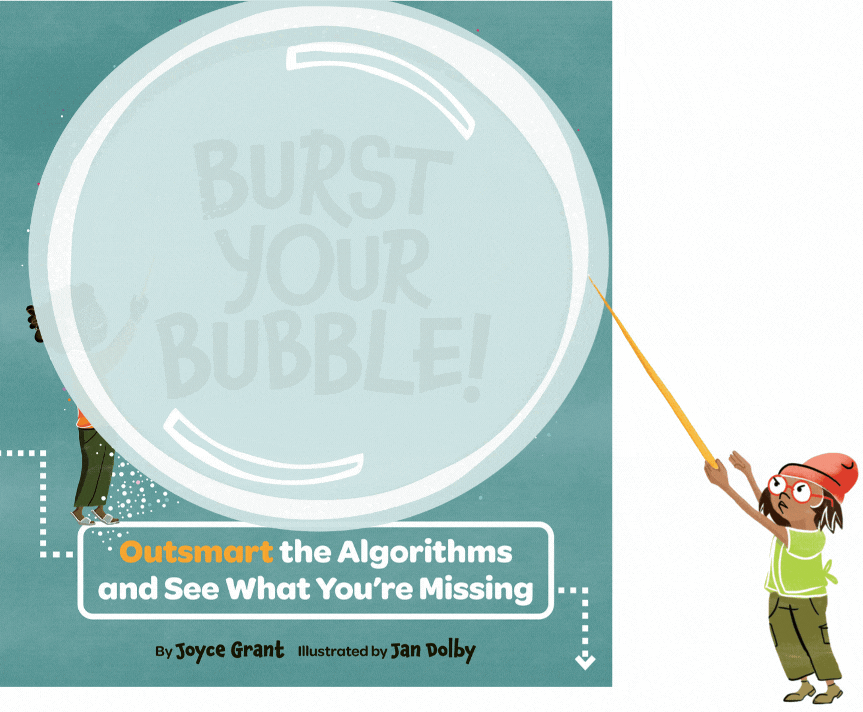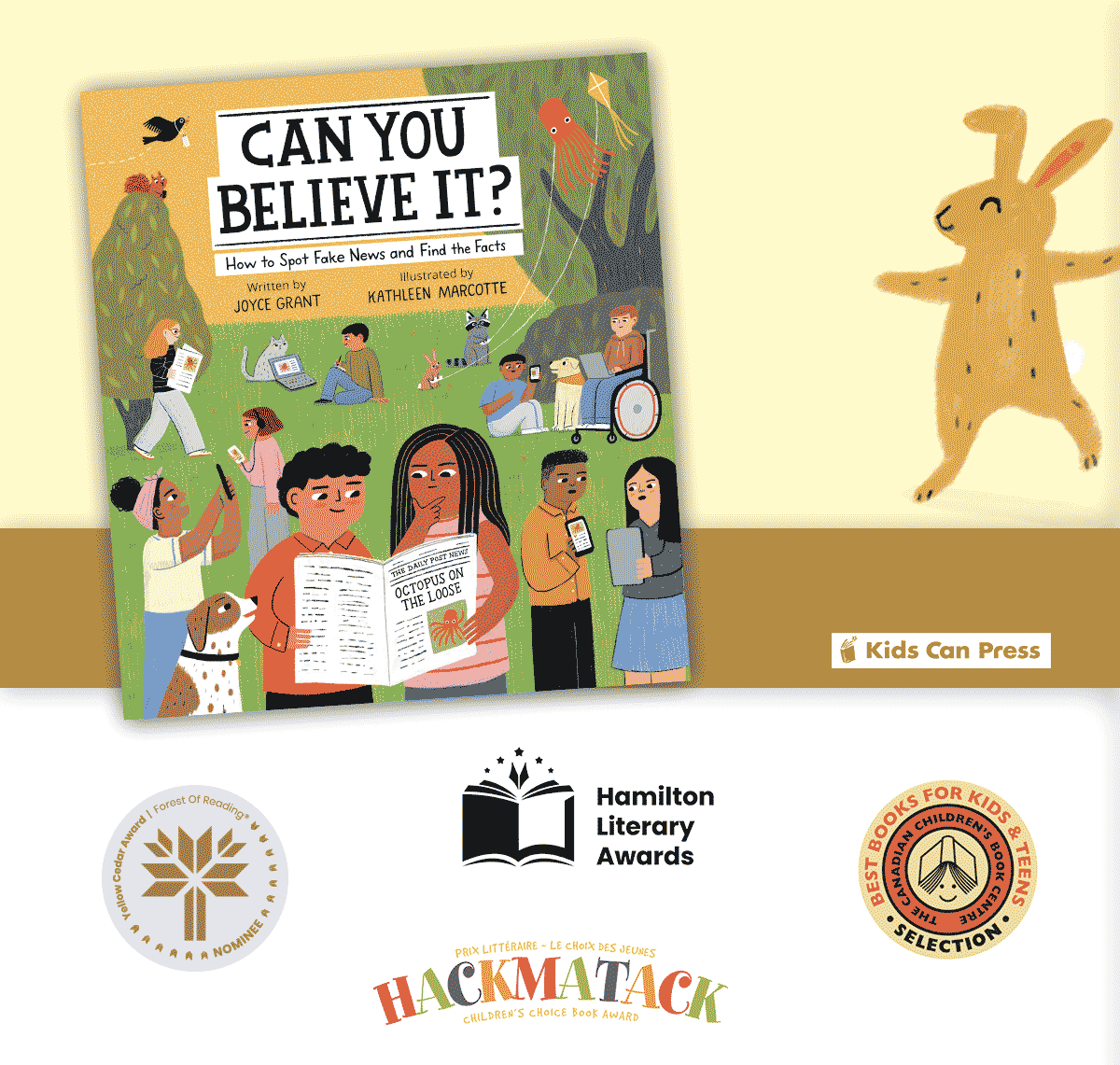How many times have you said, “My child’s not a reader.”
If you’ve said it, he’s heard it.
The way we define our children goes a long way towards making them that way. So if we tell people our child’s not interested in reading, he’ll live up to that expectation.
Fortunately, when we speak positively about our child’s reading, he’ll internalize that message, too.
So instead of, “My daughter’s not a reader,” how about, “My son loves those Magic Treehouse books.” Or, “Last week, Martina read Amelia Bedelia at school.” Or, “I love it when I see Sam reading.”
Let those “big ears” of your child hear that you think he’s a reader – and that’s what he’ll become.
Happy Thanksgiving, everyone!






A corollary to “what you say he is, he will become” is that if you say a book is too hard for your child, he won’t open it and give it a try. Who says he has to be able to read it well and without your assistance?
Years ago I volunteered at school to help an ESL child progress in his reading. The strict format of the Reading Recovery program was driving him nuts because the books were of little interest to him. What he really wanted to read was anything from the reptile section in the school library. So, we had a deal. I said we had to finish a couple of the reading recovery books because the teacher said we had to, but I tried to make a majority of the time a chance for him to read and explore something of his own choice. When he couldn’t read the words, I just filled in the blanks and we kept going. He enjoyed the reptile books very much, always said thanks and smiled. My only regret was not being able to toss the Reading Recovery books altogther…
Jane,
Great comment. I agree. Really, if there’s enthusiasm, kids should be allowed to follow their interests!
If a book is beyond a child’s reading level, there are lots of ways to help him explore it in ways that won’t leave him frustrated. (Helping him to understand how the Table of Contents works and what “captions” are; how to find similar, easier, books by the same author or on the same subject.)
But, like anything else, it does require an investment of time and attention on behalf of the parent or caregiver. I’ve seen lots of kids pick up a book that is beyond them and then struggle to access the information inside.
That’s when adults can step in and show them how to tap into the information they’re trying to reach. It can mean the difference between a child giving up on the book, and him feeling like he’s stumbled on a treasure trove.